- Home
- Mindful Beauty Store
-
Mindful Beauty
- Natural Skincare
- Mindful Beauty - ArthroAroma
- Mindful Beauty Lavender Pillow Spray
- Mindful Beauty - Massage Oils
- Mindful Beauty - Serum 22
- Mindful Beauty - Serum 22 Organic
- Mindful Beauty Aromacology Bath Oils
- Mindful Beauty Natural Body Powders - Talc Free
- Mindful Beauty Exfoliator
- Natural Organic Foot Powder - Talc Free
- Tibetan Incense
- Aromatherapy Diffuser
- Professsional Salon Massage Oil 1 Litre
- Our Natural Cosmetics Ingredients >
-
Natural Beauty Tips Articles
>
- Beauty care - 7 beauty tips
- All About Facial Skin Care
- Celebrities Beauty Secrets
- Beauty Tips in Winter
- General Skincare Recommendations that May Help You Avoid Skin Problems
- Beauty Secrets Are All Around You
- Anti Aging Skin Care Guide?- Yes, Time To Glow Ladies
- The Best Skincare- 5 Mistakes You Can Avoid
- Skin Care Tips for Natural Glow
- Winter in the mountains: back to the season of dry skin?
- Bad Breath isn’t Good – How to Get Rid of It?
- Makeup artists not just for celebrities: how to choose one
- Natural Skincare For Acne Tips >
- Blog
- Contact Us
- Vitamins
- Mindfulness
- Wellbeing Articles
- GIfts, Books & Audio
- About Us
- Useful Herbal Remedies for Common Ailments
- Menopause Symptoms – Herbal Remedies
- Refund Policy
|
This month HerbFeast, a national conference and community get together, came to County Mayo. What was most most delightful and inspiring was not only the great speakers but the amount of people who attended. I would say well over 200 people attended from all over the country, and for good reason, for the three days. Over 100 million EU citizens use herbal medicine every year. Herbal medicine not only treats disease with little bad side effects, if used correctly, but can also act as a preventative medicine. Herbal medicine, as we will see in this article, has much to offer orthodox western medicine with alternatives to drugs which cause further problems. In the recent age of a cervical cancer crisis Complementary Medicines hold a lot of answers and cures for our ailments. Let us also not forget most drugs are derived from plants anyways. Don't get me wrong though about the benefits of Orthodox Medicine. If you go through a windscreen a herbalist would not be my first recommendation. However, for nearly everything else they would! First to the stage was American Herbalist Jim McDonald who had everyone laughing with his witticisms and natural connection with an audience that was anticipating to hear him. Jim's journey started as a chance encounter with a book about herbalism which has now had him speak at practically every herbal medicine school & conference in the Michigan area USA where he resides and has a very busy practice. He also writes extensively on herbalism through his website. This was also his first trip out of the USA. Trump free too. His talk of the day was on 'adaptogens' which "can increase a persons resistance to stress, regulates the organs and balances people out". Adaptogens like St Johns Worth, which was banned in Ireland some years ago but that is now available on prescription, also work across the bodies systems. At present, one in four Irish people is now on an antidepressant compared to 1 in 20 in the UK. St Johns Worth is an excellent antidepressant if you are German where you can easily access it. At the same time we are prescribing SSRIs medical doctors in Germany are prescribing over 70 million daily doses of the herb for mild to moderate depression and over 2 million people in the UK use it. Ireland? We banned it for 15 years. Imagine? No sooner did he start into his talk he pushed a button on his computer which wiped his speaking notes. The show went on regardless and you could see through this unintentional act how much he knew. Not many speakers speak without notes. Or even can. Herbal autodidact ruled the day. Lots of patients come to Herbalists seeking cure from burnout or the diseases burnout bring after reaching what is called 'the point of decompensation' in psychoanalysis. The point at which you 'snap' biochemcially or psychologically. "Give me energy" they ask sometimes to do more of the rat race but is that what herbalists should do? As a herbalist Jim believes "Energy comes from food & metabolism not Siberian Ginseng. " What I particularly liked about this guy's talk was his ethical way of practicing which was to 'heal' the person which is more than herbs its the integrity, insight and healing wisdom the herbalist practices. Good character. In an age of a national bioethics crisis I found this refreshing. One of the issues that has not been raised in Ireland by the press at large and Irish intellectuals is how we now have a national crisis of bioethics. Not a word has been spoken of this. The Hippocratic Oath commences with 'First, do no harm.' This is what Jim McDonald's practice is about and I wish more medical practitioner's would do the same. "The situation is the problem not them," this is a telling statement from Jim as only people who work with people in crisis would know to say this. Many of them believe its them not their work pressures, toxic relationships, workplace bullying etc; "Their body is responding to stress the way its supposed to. Stress is the problem not their bodies". Next on the day was Herbalist, author and Ayurvedic practitioner Anne McIntyre FNIMH MCPP MAPA who is a Fellow of the National Institute of Medical Herbalists, a Member of the College of Practitioners of Phytotherapy, and a Member of the Ayurvedic Practitioners’ Association. Anne has trained as a herbalist, aromatherapist, homeopath and counsellor and has been in clinical practice working as a medical herbalist for over 35 years. She introduced Ayurvedic medicine by way of why she personally got inspired to study it and how diseases arise due to "imbalances in the mind" or stress rather. She went through a case of ulcerative colitis of a patient of hers which was quite severe and lasting a long period of time. During which she interestingly asked a lot of questions from the audience to which many responded with various answers of how to treat the patient. This question asking by the speakers was part of the HerbFeast that was endearing to me as an educator. In fact all speakers asked multiple questions of the audience and this was to encourage them to think for themselves critically which builds independence and a robust intelligence specifically here in herbal medicine practice. She cured the patient in six weeks with a herbal and food regimen. 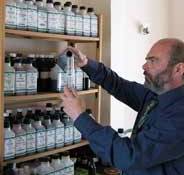 The afternoon, after lunch (where the food ran out for some people eeerrr) was followed by Richard Adams Dip Phyt. MNIMH MCPP MBHMA is an established Medical Herbalist with over 20 years of experience. Alongside his herbal clinic, he has been training herbal medicine students since 1994. His work in this field culminated in the setting up of the Archway Clinic of Herbal Medicine on behalf of the National Institute of Medical Herbalists and Middlesex University; the training clinic for Britain’s first BSc Hons. Degree in Herbal Medicine. He really demonstrated what herbal medicine could do for Europe never mind Ireland. His focus was on PPI's (Proton Pump Inhibitors) which millions of Europeans are taking to mange acidity in their stomachs. The FDA he discovered only ever allowed these on the market for people to take for a maximum of eight weeks. The truth is that people have been on them for years, decades in fact, as their GP has not reviewed their medication. One of the side effects of the PPI medication is that it induces bone fractures, masks stomach cancers and increases the risk if heart attack by 20%. Now this is alarming stuff. At this point in the article I want to confront the orthodox medical cynics of herbal medicine. Richard had very well researched his case in medical literature and beyond. His case was robust and he drew on medical statistics internationally with regard to PPIs. For me a Biotechnologist I found his presentation very familiar being evidence based and at a high standard of both science and medicine. In fact a standard I wish some pharmaceutical companies and some orthodox medical schools would follow. Once again I found ethics or bioethics in Richards talk which seem to be lacking in certain areas of medicines. Surely the most important reason for any type of medicine is the patient. Specifically the patients wellbeing and not the shareholders income. The point here is that the use of herbal medicine could treat the stomach acid problems and eradicate the need for PPIs and eliminate the side effects. Herbal medicine could even help people come off this medication entirely. When I say 'people' we are talking at least 5 million in the UK alone. Richard said," In Canada 40% of people taking PPIs have no reason to be taking them". He even shared herbal prescriptions from his clinical practice for all the herbalists wishing to help people come off of PPIs. This can be successful within 12 weeks of starting the herbal medicine treatment. Interestingly he told the conference that both Peppermint and Spearmint aggravate the condition and that Chamomile soothes stomach acidity. So better try chamomile tea then and avoid cancer and bone fractures. His final note was to warn that PPIs could have a role in all cancers. Sobering stuff. One can see here through this talk how herbal medicine can help EU communities. Personally I think Richard Adams should immediately be a consultant to the Irish Department of Health and become a lecturer on the University Limerick Medical Degree Program. This way we could have physicians in our communities who could also be less ignorant of potent medical solutions that cause less iatrogenic disease. Then the final talk - the reason I came - of the day was from Brigid Mayes BSc Hons (Little Miss Bhutan) who is a medical herbalist living and practicing near Mullingar in Co. Westmeath. She is currently exploring the Materia Medica of Gaelic physician Tadhg O Cuinn, a work completed in the year 1415. Having being interested in European Materia Medica for years I was very curious to see what she had found. You see Celtic Physicans, as she explained, were attached to the Chieftans (not the band) and held a certain position in the court. Their training took 20 years and was also seen as a craft. They knew from books and study many of the medical philosophies of the day. Thanks to a Celtic studies translator called Micheal O Conchubhair we have O Cuinn's text in English in Dublin.
O' Cuinn she told us all was au fait with the Herbals of Salerno from the 12th century and Salerno, as any medical historian will tell, was the epicenter of medicine at that time. These text were used to teach physicians in Ireland by translating the latin into Irish by O'Cuinn and his peers. The Materia Medica of Tadhg O Cuinn includes 208 chapters on individual plants or plant-based materials used medicinally. 18 manuscript copies survive, all but three held in Ireland (in Trinity College Library, The National Library and the Royal Irish Academy). One point that I found quite poignant was that we did not just loose our aristocracy who went on to start Catholic Universities all over Europe as a result of The Flight of the Earls but our traditional physicians went with them as did their craft. The Irish community of herbalists is one of the ways of welcoming these herbal medicine traditions back and their craft. From seeing the passion of the people gathered there for herbalism and with the Solstice drawing near there is a new dawn on the horizon for herbal medicine in Ireland and all the Celts that it will benefit: professionally, ethically, scientifically and yes - medically.
1 Comment
|
AuthorBestselling author Ralph Quinlan Forde BSc (Hons) MA is the writer and editor of the Mindful Beauty blog. His first book The Book of Tibetan Medicine went into 11 languages. His second Nutriwine has Archives
February 2024
Categories
All
|
- Home
- Mindful Beauty Store
-
Mindful Beauty
- Natural Skincare
- Mindful Beauty - ArthroAroma
- Mindful Beauty Lavender Pillow Spray
- Mindful Beauty - Massage Oils
- Mindful Beauty - Serum 22
- Mindful Beauty - Serum 22 Organic
- Mindful Beauty Aromacology Bath Oils
- Mindful Beauty Natural Body Powders - Talc Free
- Mindful Beauty Exfoliator
- Natural Organic Foot Powder - Talc Free
- Tibetan Incense
- Aromatherapy Diffuser
- Professsional Salon Massage Oil 1 Litre
- Our Natural Cosmetics Ingredients >
-
Natural Beauty Tips Articles
>
- Beauty care - 7 beauty tips
- All About Facial Skin Care
- Celebrities Beauty Secrets
- Beauty Tips in Winter
- General Skincare Recommendations that May Help You Avoid Skin Problems
- Beauty Secrets Are All Around You
- Anti Aging Skin Care Guide?- Yes, Time To Glow Ladies
- The Best Skincare- 5 Mistakes You Can Avoid
- Skin Care Tips for Natural Glow
- Winter in the mountains: back to the season of dry skin?
- Bad Breath isn’t Good – How to Get Rid of It?
- Makeup artists not just for celebrities: how to choose one
- Natural Skincare For Acne Tips >
- Blog
- Contact Us
- Vitamins
- Mindfulness
- Wellbeing Articles
- GIfts, Books & Audio
- About Us
- Useful Herbal Remedies for Common Ailments
- Menopause Symptoms – Herbal Remedies
- Refund Policy
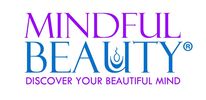
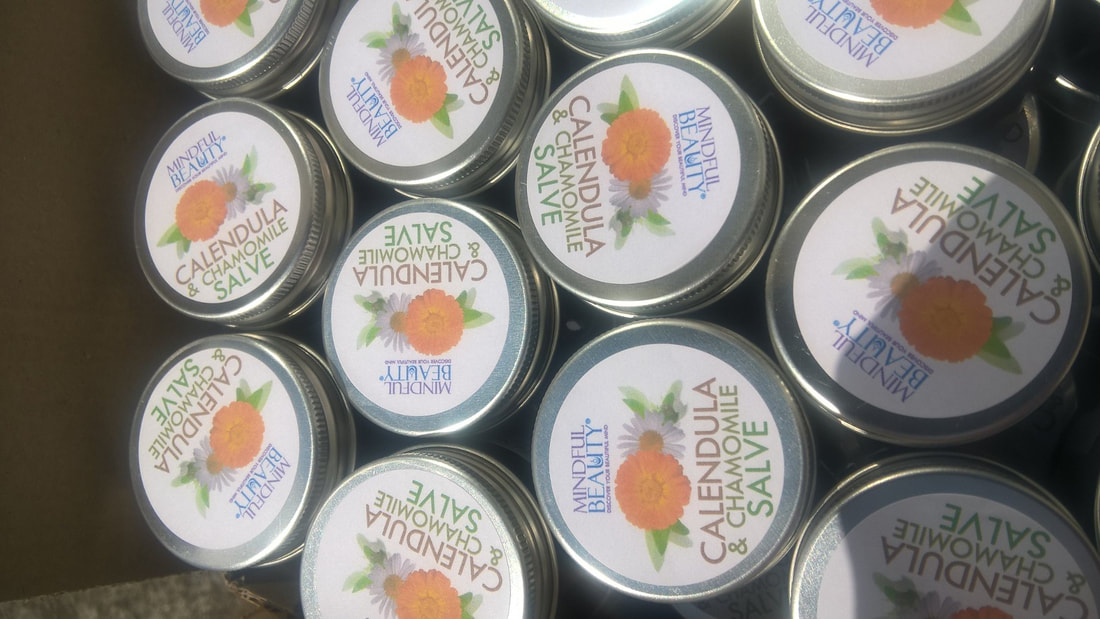
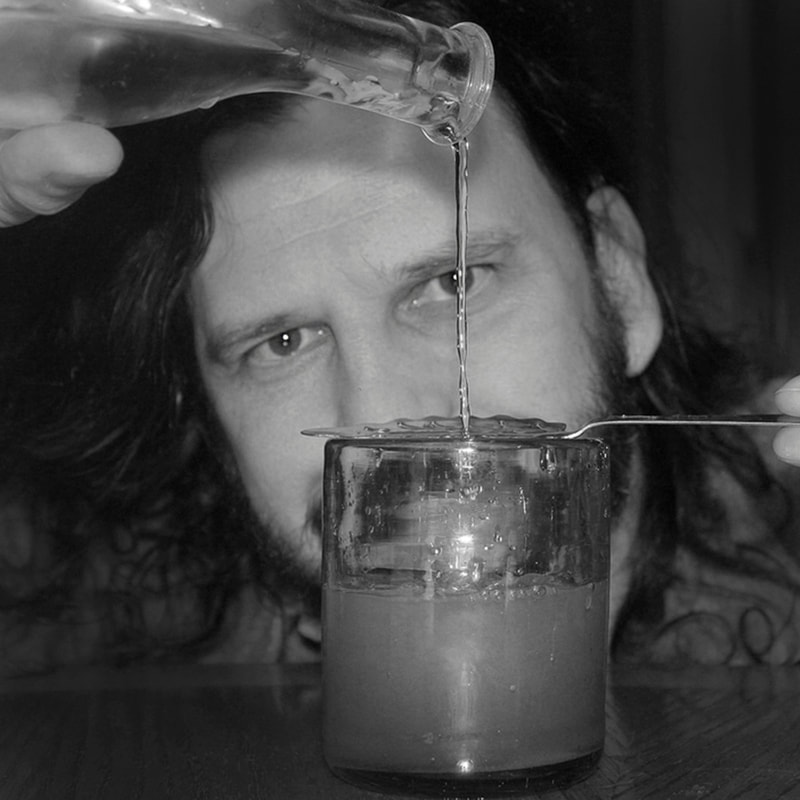
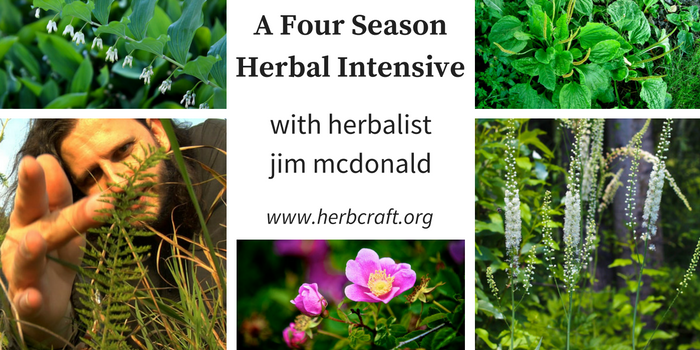
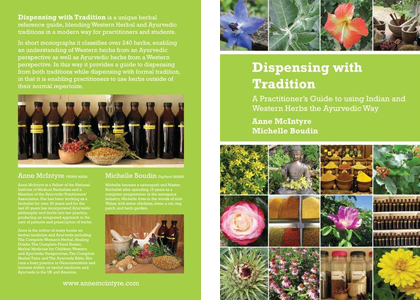

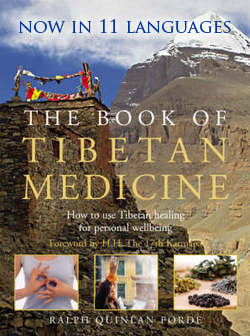
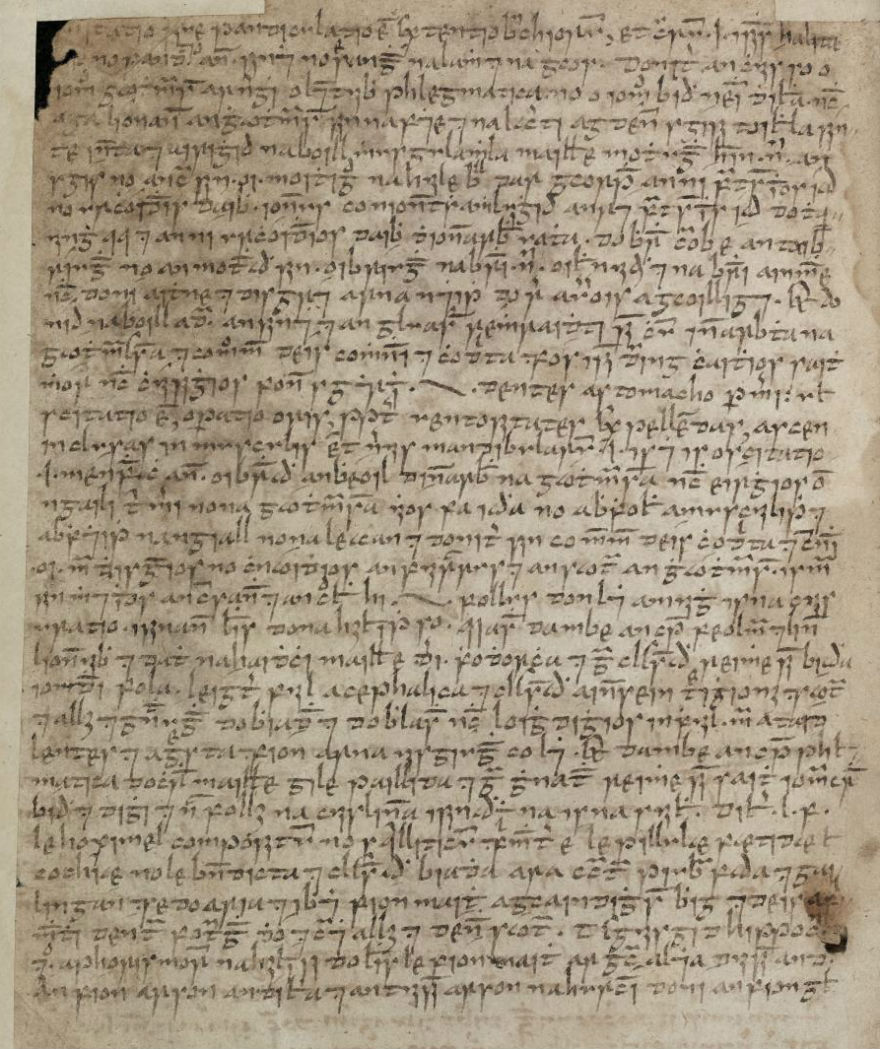
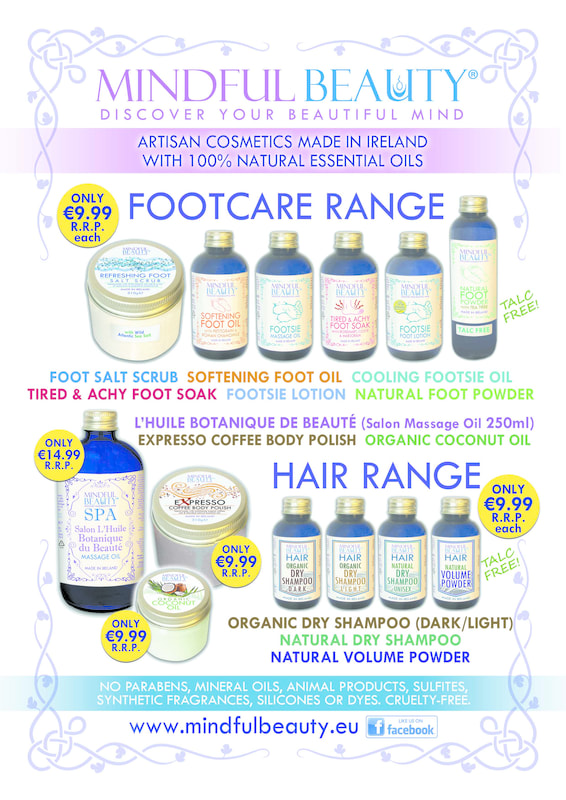
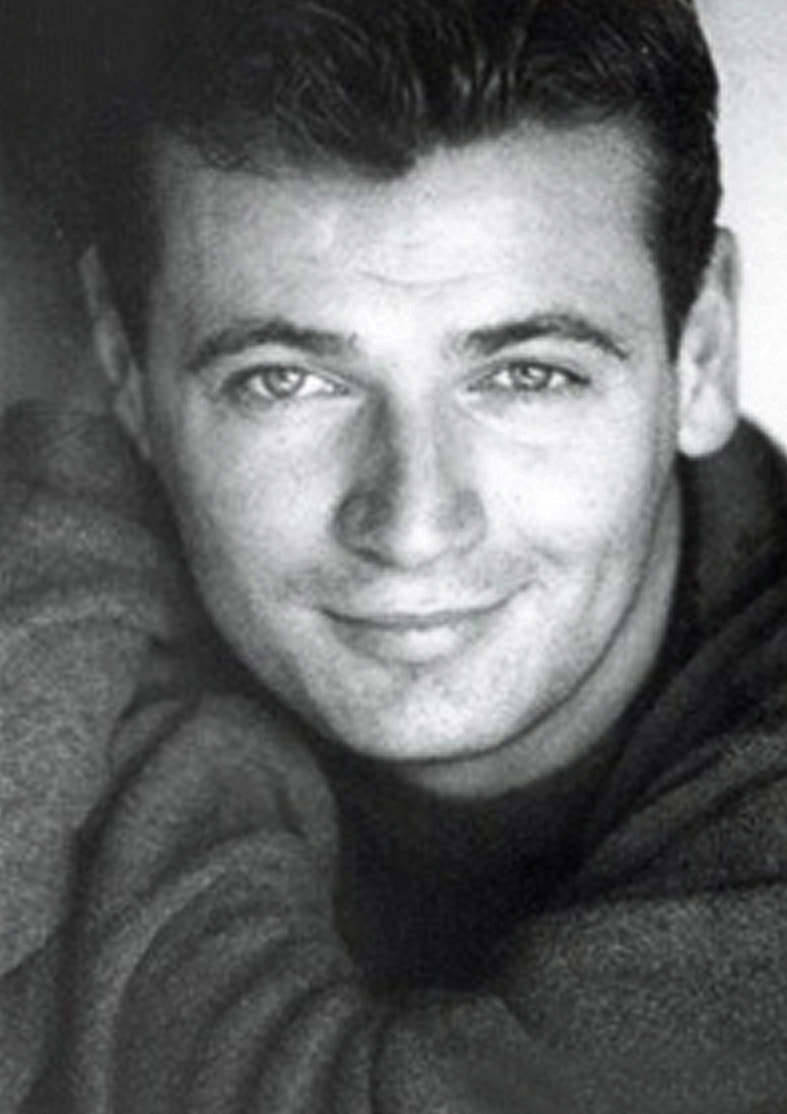
 RSS Feed
RSS Feed